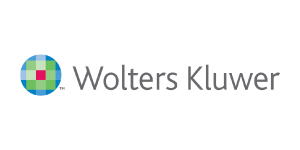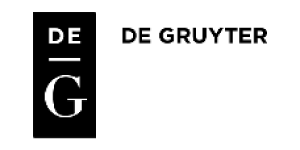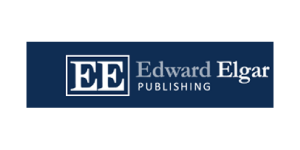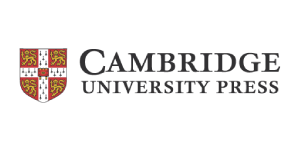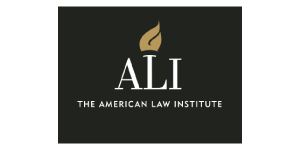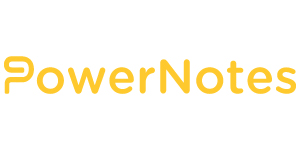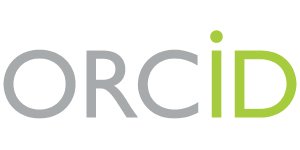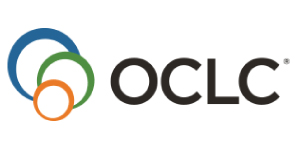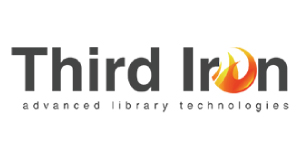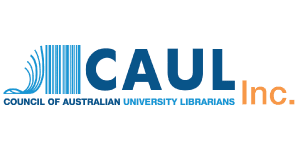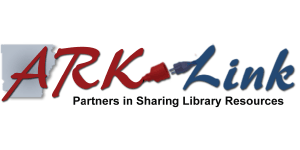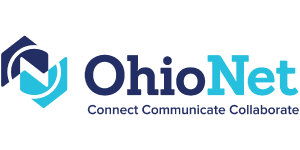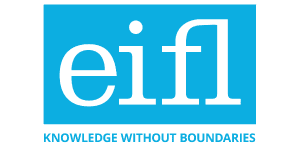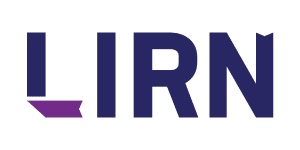the Fastest-Growing Multidisciplinary Research Platform
100+
DATABASES
4,200+
SUBSCRIBERS
152M+
RESEARCHERS
175+
COUNTRIES
100+
DATABASES
4,200+
SUBSCRIBERS
175+
COUNTRIES
152M+
RESEARCHERS
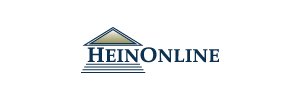
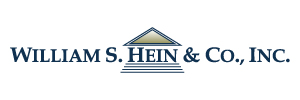
Redefining Research through Collaboration and Innovation
What started as a legal publishing firm 100 years ago, has since become so much more. William S. Hein & Co., Inc. has been serving the library community since the 1920s, publishing books, producing microfiche, and, now in the digital age, creating multidisciplinary databases that go beyond just law—gathering reputable primary and secondary sources from around the world to make research easier for students, faculty, librarians, attorneys, governments, organization, and individuals of all skill levels.
HEINONLINE: A PRODUCT OF WILLIAM S. HEIN & CO., INC.
HeinOnline is a premier online research platform that provides more than 215 million pages of multidisciplinary periodicals, essential government documents, international resources, case law, and much more. Composed of fully searchable image-based PDFs and available at an affordable price, the wealth of material allows researchers access to authoritative, true-to-print digital material without the hassle or cost of using multiple research databases.
At the end of the day, our goal remains simple—to meet the needs of our customers and streamline the research process for all.
Comprehensive Content
>> See the Databases
Affordable Packages
>> See the Options
Multidisciplinary Subjects
>> See the Subjects
Intuitive Tools
>> See the Tools
Our Customers
Unsure if HeinOnline is the right fit for you? Rest assured, we offer tailored packages to cater to diverse research needs.
Colleges & Universities
Law Schools
Public Libraries
Courts
Law Firms
Government Agencies
High Schools
Individual Researchers
What People Say About Us
Customer Testimonials

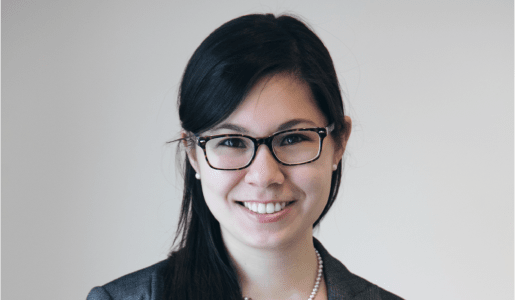
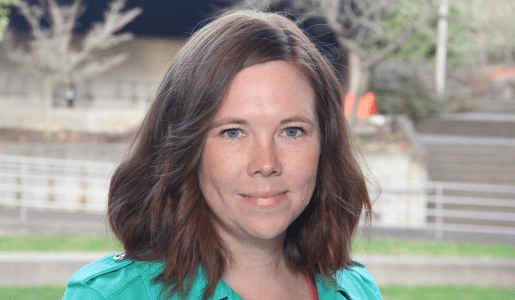

Industry-Leading Customer Service
Our team is fast, dependable, reliable, and dedicated to providing high-quality care and support for our customers.
- Fully-searchable Knowledge Base
- Training on the Go Videos
- Personalized Live Demos
- Reusable LibGuides
- Phone Support
- Live Chat
Industry-Leading Customer Service

Our team is fast, dependable, reliable, and dedicated to providing high-quality care and support for our customers.
- Fully-searchable Knowledge Base
- Training on the Go Videos
- Personalized Live Demos
- Reusable LibGuides
- Phone Support
- Live Chat
HeinOnline: Smarter, Better, Faster Research
The more comprehensive, affordable, and intuitive multidisciplinary research platform that can meet the research needs of any library’s patrons.

